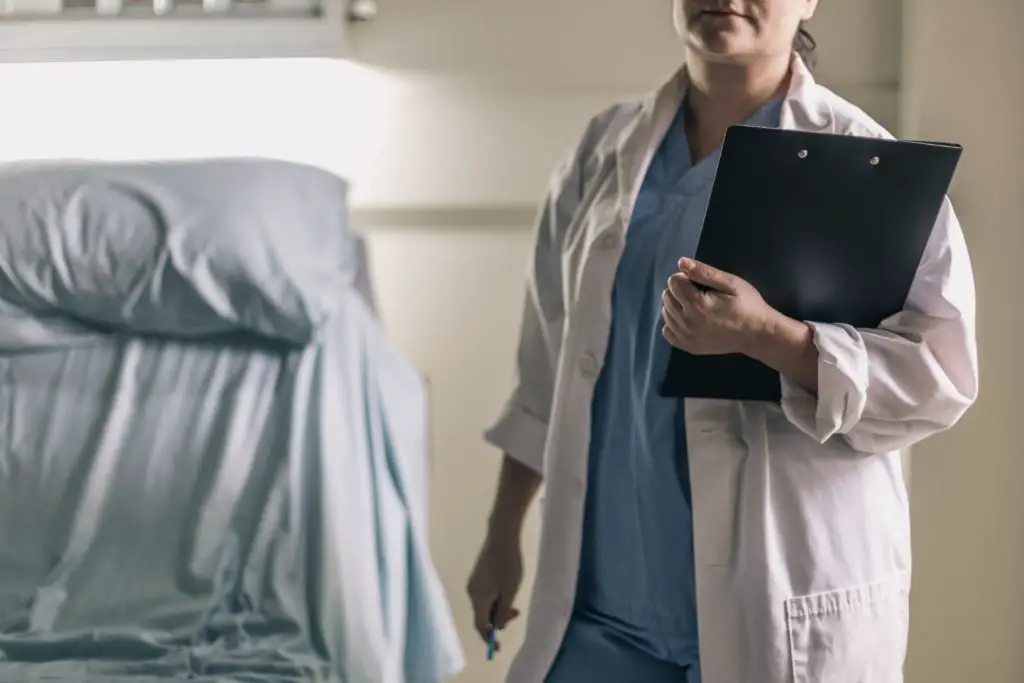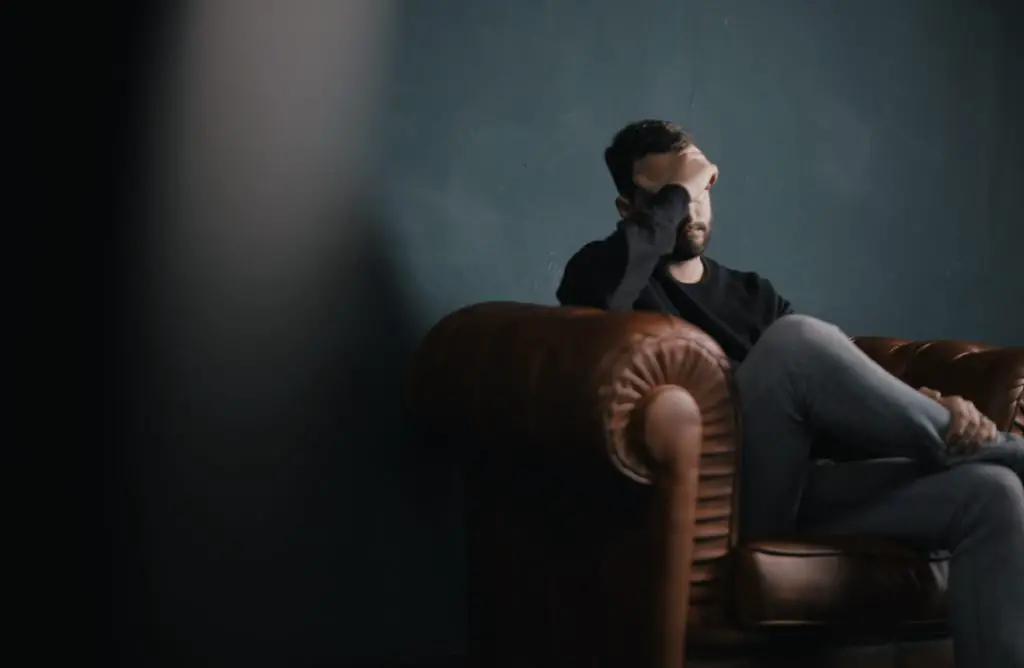Burdened with insurmountable medical debt? You might think bankruptcy is just for credit card debt or to cure car loan or mortgage arrears, but filing bankruptcy can also help you with medical debt that you cannot pay. I spoke with busy Philadelphia bankruptcy attorney David Offen about this national epidemic.
Americans are Overburdened with Medical Debt
The United States is home to many great doctors and surgeons. Research hospitals all over our country successfully treat life-threatening conditions with advanced techniques that, only a few years ago, seemed like the stuff of science-fiction.
Obviously, this advanced medicine comes at a cost. Skilled surgeons will repair your broken limb and emergency departments will save your life—but then you will get the bill for whatever your health insurance refuses to cover. Surgery alone can cost tens or hundreds of thousands of dollars, and your hospital stay can easily double that.
Even if you have the most comprehensive insurance coverage and 100% of your medical bills are covered, anyone who has had even minor surgery will have to deal with lost wages while in the hospital or home recovering. Most people have decent insurance coverage and still end up owing thousands of dollars, plus the lost wages problem. And many cheaper health insurance plans have a small pool of approved care providers; if you are injured while on vacation or otherwise traveling in another state, you could be charged exorbitantly for “out of network” services. This in combination with lost wages could mean financial ruin.
A few hours in the OR and a week in recovery can cost more than most people’s homes are worth. At a time when the average American adult does not have enough savings to cover a mere $400 emergency, that is a terrifying prospect even if you have medical insurance; if you are underinsured or uninsured, a sudden medical emergency there is likely no way you can pay those medical bills.
Bankruptcy Can Both Protect You and Save You From Ruin
The Automatic Stay Freezes Collections and Lawsuits
Once the debt collectors start calling about your unpaid medical bills, they won’t stop. They will hound you, your family, and your employer to try to get paid. If harassment fails., they will sue you and you could end up with a lien on your property, your wages being garnished, or your bank accounts levied upon.
Collection phone calls and letters, lawsuits, and post-judgment collections are all halted by filing a bankruptcy petition through the legal power called the “automatic stay.” An automatic stay is a powerful tool that wards off predatory debt collectors and protects your remaining assets.
Is your car about to be repossessed? Is your home slated for the Sheriff’s auction? Are collectors calling night and day? Once you have filed for bankruptcy protection and the automatic stay takes effect, you are shielded from all of this. If your creditors try to violate the automatic stay, they will face significant fines and damages.
The automatic stay gives you time to figure out how you will move forward financially. With Chapter 7 filing, you can redeem your car, or, surrender a car or home you can no longer afford, and be free of those payments. With a Chapter 13 filing, you can cure arrears on your car lease or loan and on your mortgage.
You Can Be Discharged of Medical Debt in Bankruptcy
If your bankruptcy filing is successful, you will be discharged of your unsecured (medical) debt, meaning, you are no longer personally responsible for it. That’s right – as long as you did not incur that medical debt in contemplation of bankruptcy, that debt will be discharged. And who intentionally has a medical emergency? No one.
The Discharge Order and the Fair Debt Collection Practices Act (FDCPA)
Once you receive a discharge of your debt and your case closes, the automatic stay ends but you remain protected from creditor harassment by the Fair Debt Collection Practices Act. Under both the FDCPA and the Bankruptcy Code, anyone who tries to collect discharged debts violates federal law.
Your bankruptcy lawyer will be able to send cease and desist letters to any creditors contacting you after your bankruptcy case closes. Your attorney will also be able to litigate this for you if necessary. If a creditor tries to collect a debt after that debt was discharged and your bankruptcy case closes, they must pay a fine and your attorney fees!
Timing Your Medical Bill Bankruptcy Filing
Deciding when to file bankruptcy due to medical bills can be a challenge. If you have other debts, the usual recommendation would be to file your bankruptcy as soon as you can after all of your medical bills come in. And ideally, you would file bankruptcy before wage garnishments and bank account levies occur because while filing bankruptcy freezes collections, it does not undo what has already been paid, seized, or levied.
Timing a medical bill bankruptcy is a challenge for a few reasons. Medical bills are unpredictable; who knows when your doctor will order a new test or prescribe a new drug? Who knows when an accident will occur, leaving you injured? Not only that, but medical bills are often tied up in doctor or hospital billing departments or insurance company review for weeks or even months.
You can not discharge future bills in bankruptcy. In other words, if you file bankruptcy today and you get a bill for your MRI a month after you receive a discharge, you are likely stuck having to pay that bill. Think about it – if you know you have major surgery pending, it might make sense to file after you’ve recovered and received most of the treatments and therapy you need.
Also keep in mind that if you suffer from a chronic condition, you could get doctor and hospital bills any time. In this case, you need to weigh the debts you currently have against the possibility that you will incur a lot of debt again in a few months. Talk with your attorney about your options.

Veronica Baxter is a writer at assignyourwriter.co.uk, blogger and legal assistant operating out of the greater Philadelphia area. She writes on behalf of the Law Offices of David Offen, a Philadelphia Bankruptcy Attorney.


